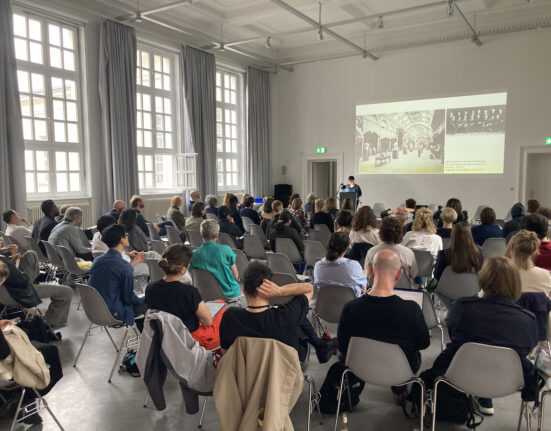HSTAFM 163: Modern Middle East
Explore the social, religious, and political upheavals that have shaken the Middle East region from the nineteenth century to the present. The course will examine imperial powers, anti-imperialism, sectarianism, religious and secular movements, and authoritarianism, but also everyday life, including gender and sexuality, family, childhood, and popular culture.
Arbella Bet-Shlimon, History
5 credits, DIV, SSc
JSIS 201: The Making of the 21st Century
Over the last hundred years (or so), there have been numerous attempts to impose economic, political, military, and cultural frameworks in the name of various ideals like peace, security, democracy, and development. Many of those attempts have led to disastrous consequences. This course will explore many of those efforts, as well as the interplay between structures and actors in various processes of international political economy. Learn how global forces structure the decisions of elite and popular sectors, as well as how political actors negotiate, contest, and transform global forces.
David Bachman, International Studies
5 credits, SSc, W
GEOG 258: Digital Geographies
Explore the use and societal impacts of contemporary digital spatial technologies, including internet mapping, handheld geographic technologies, location-based services, spatial applications of social media, the geoweb, and traditional geographic information systems (GIS). Students will develop hands-on experience using online digital spatial tools for geovisual representation, as well as skills for evaluation and critique of digital data and maps.
Erin McElroy, Geography
5 credits, SSc
SOC 301 C: Inclusion and Exclusion in Contemporary Immigration
(listed as “Special Topics in Sociology”)
Learn about the evolution of immigration policy over time and the implications this has had on immigrant experiences. How does increasingly restrictive immigration policy shape the experiences of immigrants? What are the social and political factors that facilitate or hinder immigrant integration? How does immigration enforcement and policing create a chilling effect? These are just some of the questions to be explored.
Anne Tseng, Sociology
5 credits, SSc
GWSS 490: Digital Capitalism and Data Colonialism
Listed as “Special Topics in Women Studies”
How are ‘digital’ and ‘data’ implicated in global relations of power? Uncover the links between capitalism, colonialism and data-driven technologies — including digital labor platforms, AI, and biometrics — through podcasts, news articles, films, and academic texts. Students will learn podcasting skills and gain other skills helpful for those interested in activism, NGOs, media, government and more.
Kavita Dattani, Gender, Women & Sexuality Studies
5 credits, SSc, DIV







